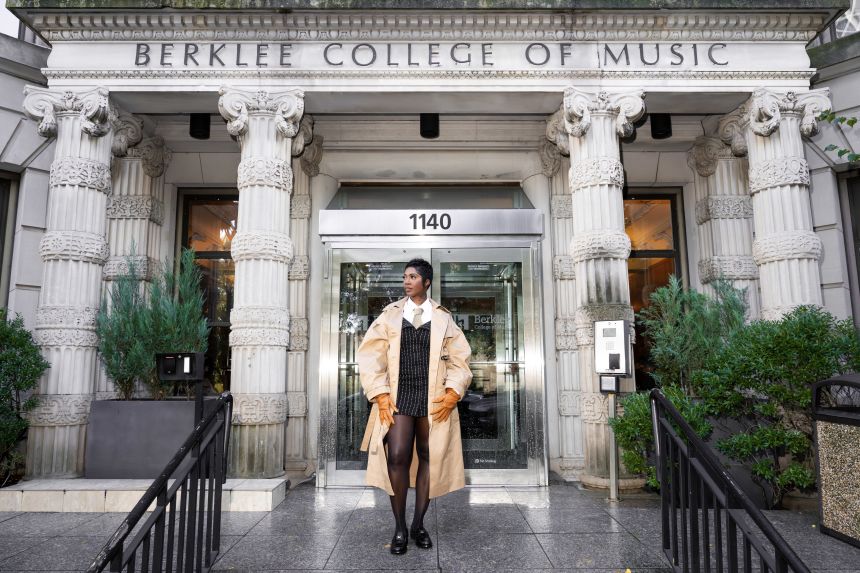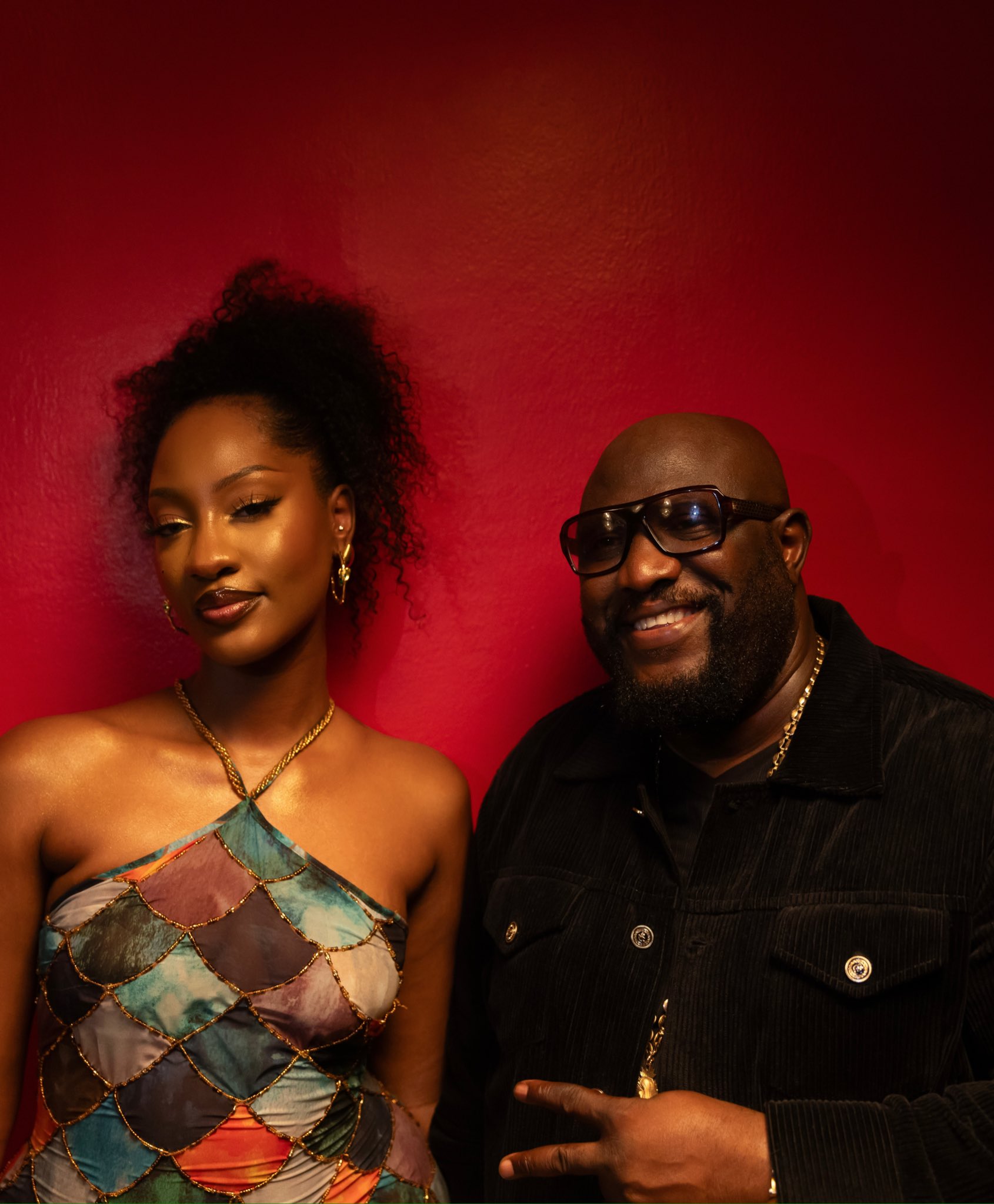Bomi Anifowose
In Yoruba cosmology, silence is not golden. It is haunted. It carries the weight of ancestral expectation, of women buried beneath proverbs, of tongues tied by deference to men, gods, and memory. Teledalase’s The Bad Wife Has No Tongue is a dirge for this silence. A five track ritual that mourns the “good wife” stereotype and banishes her with song, scripture, and scar tissue.
Her Yoruba fluency is no afterthought. It is the canvas on which she paints. Long before this project, Teledalase’s work on Aníkúlápó: Rise of the Spectre, a critically acclaimed Netflix original directed by Kunle Afolayan, revealed her deep rooted linguistic dexterity and cultural reverence. Whether singing of Orun and Aje or bending tonal registers like liturgical chants, her voice does not merely use Yoruba. It communes with it.
This is not a breakup project. It is not even an empowerment anthem. This is a grief ritual for a version of womanhood that never belonged to the women forced to perform it. It is a spiritual and sonic revolt. A Yoruba feminist exorcism, if such a thing exists. And if it did not, Teledalase just invented it.
The opening track is not loud. It does not want to be. It sits on your chest and waits. In “Unwanted,” Teledalase paints the portrait of a girl unchosen, unloved, and unresolved. A child not neglected in action, but in presence. “I am the left child the one they almost left behind,” she sings over quietly picked guitar. The production is skeletal. Like the outline of a ghost. It is the kind of song that does not plead for pity. It stares until you flinch.
Named after the Yoruba alphabet’s beginning, “Aabidi” is an act of return. But not to innocence. No. Teledalase returns to the root to question what love even meant before it was corrupted by sacrifice. The track is sweet in tone, but sharp in meaning. There is a longing for connection that does not cost identity. “Aabidi” reads like a love song until you realize it is not addressed to a lover. It is addressed to the self before she learned to shrink.
Infertility is rarely spoken of with honesty in African music. In “Kuloso,” Teledalase does not just break that silence. She sets it on fire. The percussions throb like a pulse behind clenched teeth. Her voice trembles. Not with weakness, but with barely contained rage. The lyrics reject shame. They reject the cultural myth that a woman is only as worthy as her womb’s yield. “My womb is not a community project,” she seems to scream between the lines. And she is right.
This is the altar call. The metaphysical climax of the EP. “The Bad Wife” is what happens when a woman refuses to be consumed. The track invokes Eshu, the Yoruba deity of duality, trickery, and divine disruption. It is an audacious choice. But Teledalase wields it like a griot’s machete. Here, she is both bride and god, refusing to be punished for her duality. The lyrics read like a sermon from a new religion. One where preservation is holy and obedience is heresy.
The closer explodes. “Agbaya,” typically a slur. An insult flung at women who “talk too much,” “rage too publicly,” or “age without apology.” Here, it is reclaimed. The production is raw, percussive, defiant. “If being too loud makes me agbaya then I will scream in key,” she howls. This is not a meltdown. It is metamorphosis. The track is a liberation dance. A masquerade of righteous anger. She leaves no stereotype unburned.
What Teledalase accomplishes on The Bad Wife Has No Tongue is no small feat. She does not just challenge patriarchy. She mourns it. She lays it on the ground, chants over its body, and sings her way out of the expectations it once buried her under. The project is brief, but heavy. Every lyric feels carved, not written. Every song is a libation.
This is not an album that seeks mainstream comfort. It is not for everyone. But it is for someone. For every woman who has been told to love more, speak less, give more, rage less. For every woman who has been punished for being too much and not enough at once.
In Yoruba tradition, the dirge is not just a song of mourning. It is a bridge between worlds. And in this body of work, Teledalase builds that bridge with voice, venom, and verse.
And she crosses it. Tongue intact.
Score: 8/10




